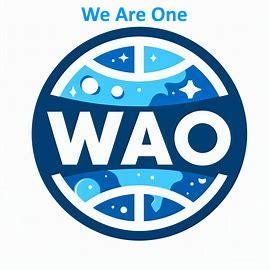“The revolution won’t be televised” is a famous line from a poem and song by Gil Scott-Heron. It conveys the idea that significant social and political change cannot be fully captured or contained within traditional media. Here’s what the phrase signifies:
Meaning of the Phrase:
- The phrase suggests that meaningful societal transformations, particularly those driven by the marginalized or oppressed, happen outside the scope of mainstream media coverage.
- It implies that true revolution occurs in the hearts and minds of the people and through grassroots activism, rather than through the lens of television or other mass media.
Historical Context:
- The phrase gained prominence during the civil rights and anti-war movements of the 1960s and 1970s, when activists sought to challenge the status quo and effect societal change.
- It reflects a sentiment that significant societal transformation requires more than just what is broadcasted on television; it demands real, tangible action and change at the grassroots level.
Legacy:
- Over time, “The revolution won’t be televised” has become a rallying cry for movements seeking substantial and lasting change, emphasizing the importance of direct community involvement and activism.
- It highlights the idea that authentic change often occurs away from the spotlight, in the hearts and actions of individuals working towards a common cause.
In summary, “The revolution won’t be televised” encapsulates the notion that true social change and revolution transcend the confines of traditional media, requiring active participation and dedication from the people themselves.





